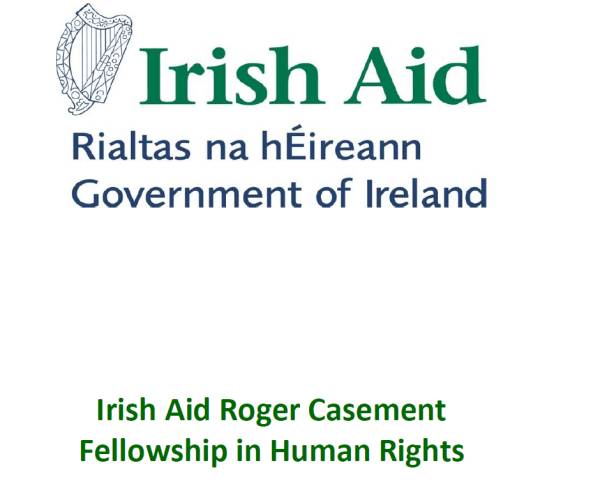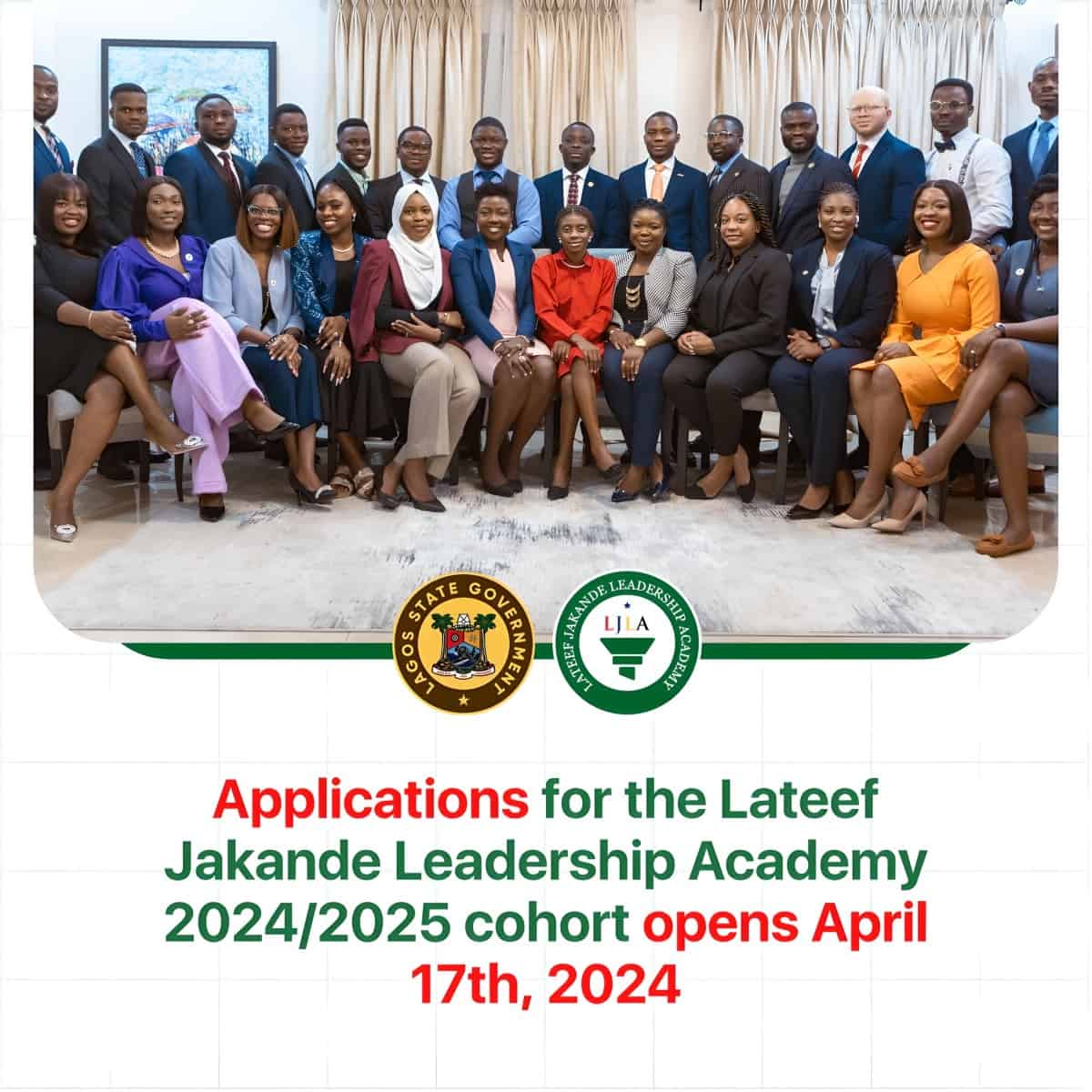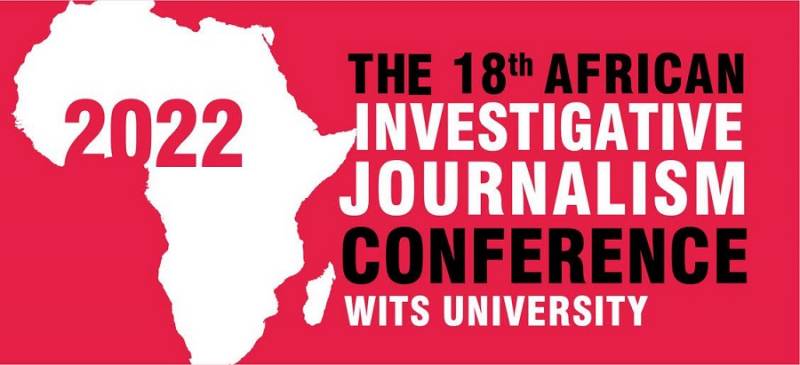
The Program’s goals are to develop in-country capacity to achieve national SDG goals and to foster positive relationships with Ireland.
The Program is designed to help graduates contribute to capacity building in their home countries and become part of the next generation of leaders in their respective fields when they return home. They are also expected to contribute to the development of long-term positive personal and professional relationships with Ireland, as well as to the promotion of institutional linkages.
The Ireland Fellows Programme Roger Casement Fellowship in Human Rights was created to honour the memory of Roger Casement, an Irish human rights activist who spent some of his early working life in Calabar, Nigeria. He was an early advocate for human rights in Nigeria and later in the Congo, the Amazon, and Ireland. With his humanitarian legacy in mind, the Roger Casement Fellowship annually funds a candidate from Nigeria to pursue a master’s degree in Human Rights in Ireland.
Roger Casement Fellowship Eligibility
Applicants must
- Be a resident national of Nigeria.
- Have a minimum of two years’ substantial work experience that is directly relevant to your proposed programme(s) of study.
- Hold a bachelor’s level academic qualification from an accredited and government-recognised higher education institution, with a minimum grade point average of 3.0 (4.0 scale) – i.e. a first class honour, or second class honour, Grade 1 (a second class honour Grade 2 may be accepted if the applicant has substantial directly relevant work experience). It must have been awarded in 2011 or later (i.e. within the last 12 years).
- Not already hold a qualification at master’s level or higher. Not currently undertaking a programme at master’s level or higher, or be due to start a programme at master’s level or higher in the academic year 2022/23.
- Be applying to commence a new programme at master’s level in Ireland no sooner than August 2023.
- Be able to demonstrate the following: leadership abilities and aspirations; a commitment to the achievement of the SDGs within your own country; and a commitment to contribute to building positive relationships with Ireland.
- Have identified and selected three programmes in Human Rights relevant to your academic and professional background from the Casement Fellowship Directory of Eligible Programmes.
- Have a clear understanding of the academic and English language proficiencies required for all programmes chosen.
- Must not have applied to the Ireland Fellows Programme on more than one previous occasion.
- Be in a position to take up the Fellowship in the academic year 2023/2024.
- Meet any relevant procedural requirements of the Government of Nigeria.
Roger Casement Fellowship Benefits
- The Roger Casement Fellowship Programme normally covers: return airfares, full tuition, stipends to cover accommodation and subsistence costs, health insurance and other allowances, in addition to the necessary entry arrangements such as medical examination and visa.
How to Apply for Roger Casement Fellowship
Applicants must read the Applicants Guidance Note carefully before completing the application form as eligibility criteria may differ from country to country.
Similar Posts:
The application process consists of three stages:
- Stage 1 Preliminary Application;
- Stage 2 Detailed Application;
- Stage 3 Interviews.
If shortlisted after the interview stage, all applicants will be required to take another English language test, normally the IELTS exam, unless they are already in possession of an IELTS certificate that is dated 2021 or later which shows the applicant has achieved the necessary score for the course(s) they intend to apply to. Early preparation (https://takeielts.britishcouncil.org/prepare) for the IELTS exam is strongly advised, even for native English speakers.
RECOMMENDED: Check Here for More Scholarships and Opportunities.




